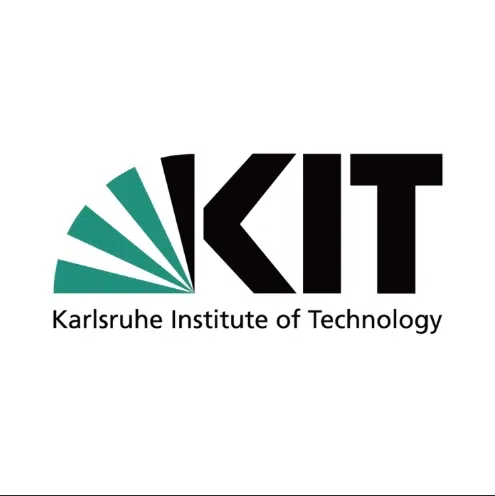CNL and KIT Collaborate on Advancing Clean Energy Research
Key Ideas
- CNL and KIT signed a collaboration agreement to advance research in fusion energy, materials characterization, hydrogen science, and related fields.
- The partnership will focus on projects involving tritium analytics, fuel cycle optimization, hydrogen safety, and more, leveraging the expertise and resources of both organizations.
- CNL, with a strong background in nuclear science and technology, aims to accelerate progress in clean energy research through this partnership with KIT.
- Both organizations are committed to driving innovation in fusion fuel cycle, hydrogen production, and other key areas crucial for achieving global clean energy goals.
Canadian Nuclear Laboratories (CNL) and the Karlsruhe Institute of Technology (KIT) have signed a collaboration agreement to advance research in fusion energy, materials characterization, hydrogen science, and related fields. This partnership will focus on projects involving tritium analytics, fuel cycle optimization, hydrogen safety, and more, with both organizations combining their expertise and resources. CNL, known for its leadership in nuclear science and technology, brings decades of experience in tritium handling and fusion research, particularly through its state-of-the-art Tritium Facility and Hydrogen Isotopes Technology Laboratory. Dr. Stephen Bushby, CNL’s Vice-President of Science and Technology, highlighted that this partnership with KIT will accelerate progress in clean energy research. KIT, as one of Europe’s largest research institutions, specializes in fusion technologies and materials development, making it an ideal partner for CNL. Both CNL and KIT aim to drive innovation in the fusion fuel cycle, hydrogen production, and other key areas crucial for global clean energy goals. CNL has also made investments in General Fusion and partnered with Kyoto Fusioneering to develop a unique fusion test facility. With this new agreement, CNL and KIT seek to expand their collaboration into various scientific fields, advancing clean energy technologies to address global challenges.
Topics
Projects
Innovation
Research Collaboration
Scientific Advancement
Clean Energy Goals
Fusion Energy
Materials Characterization
Latest News
